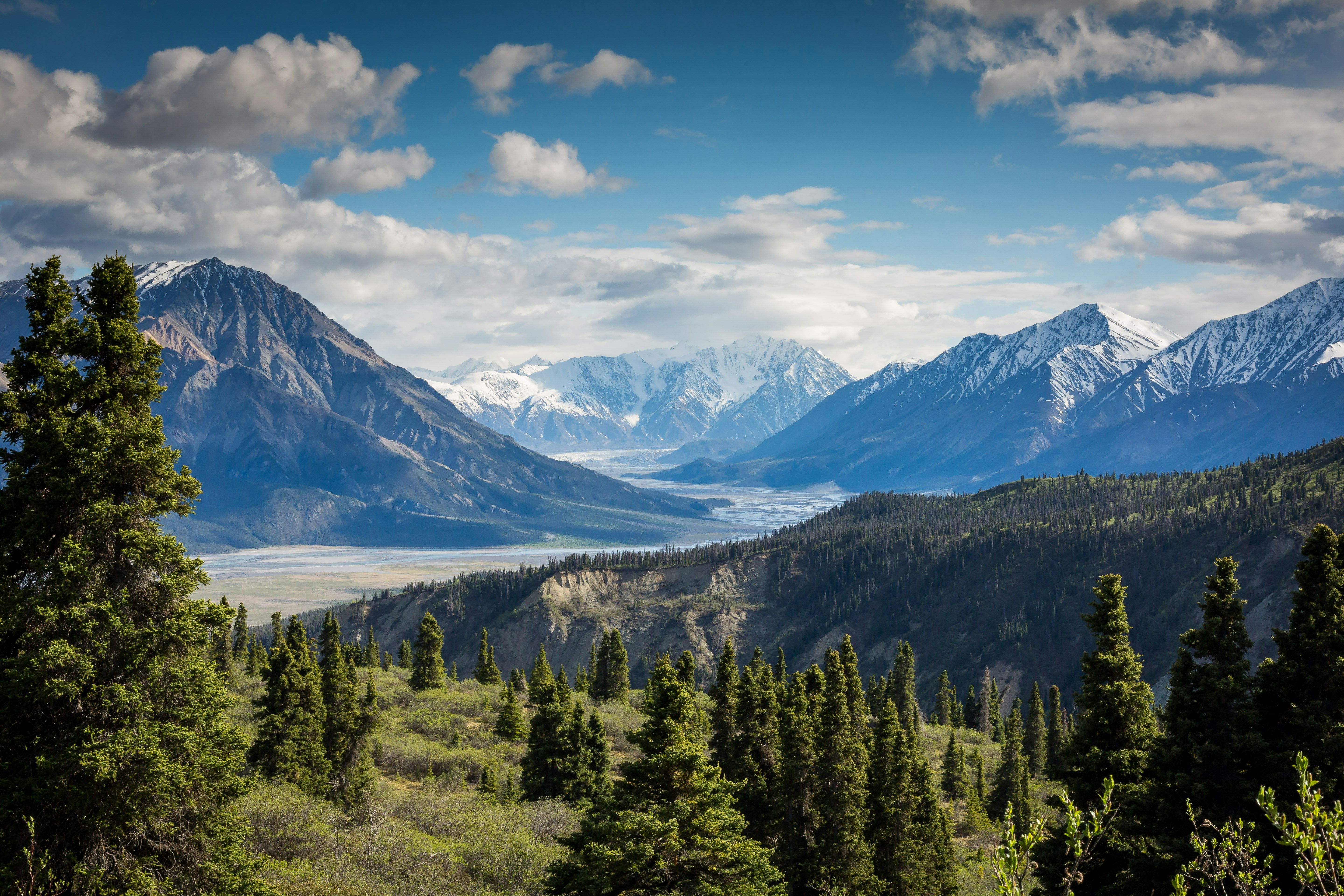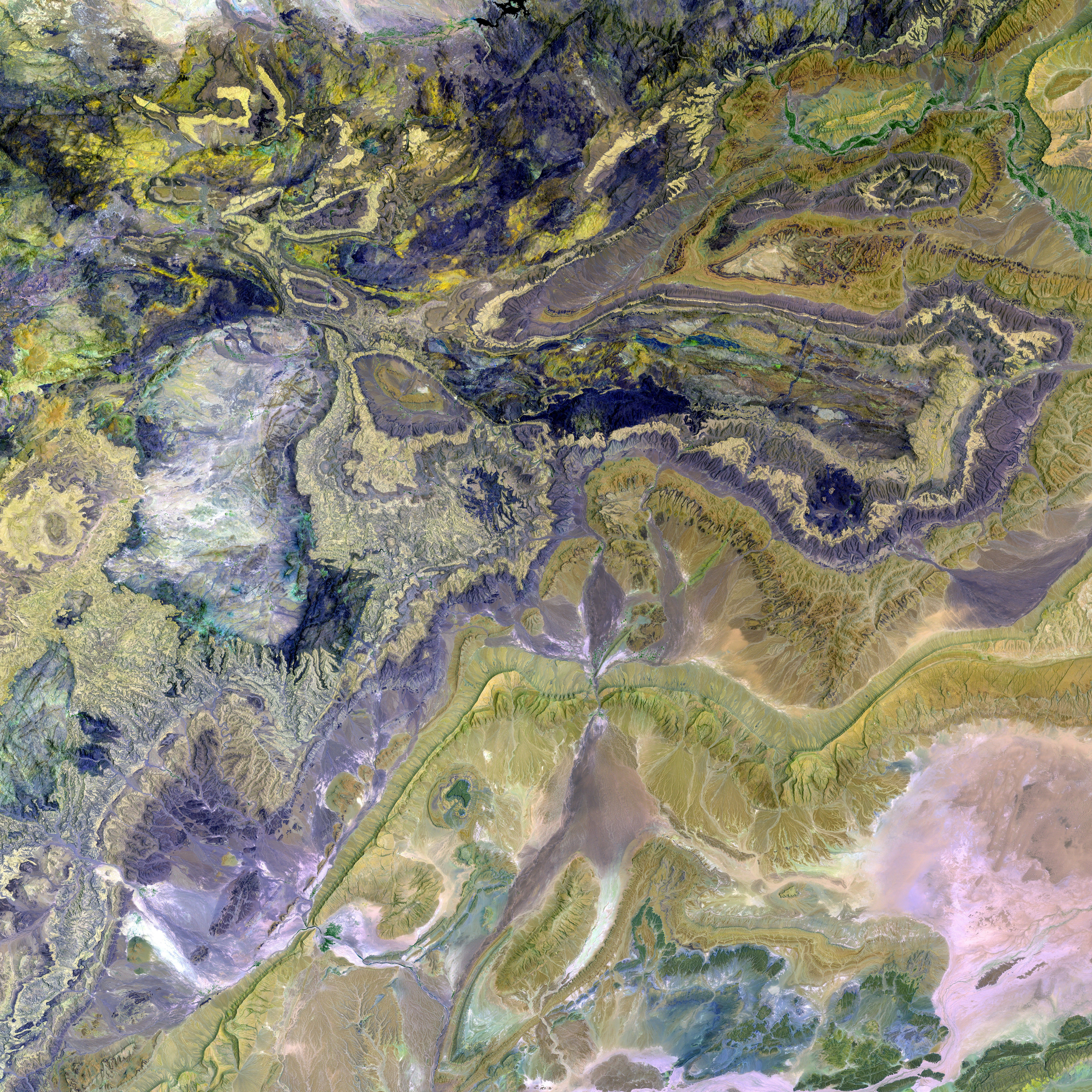US Dumping Independent Journalism: A Global Powder Keg
China applauds Trump's assaults against media institutions
By an Unapologetic Scribe
Donald Trump's marching orders in March spelled doom for Voice of America (VOA), the global broadcaster with roots that stretch back to the fight against Nazi propaganda. Trump's executive order aimed to eliminate the US Agency for Global Media, the federal agency responsible for funding VOA and other journalistic organizations promoting independence abroad. The fallout? An abrupt shutdown of programming in 49 languages, reaching over 425 million people.
Margarita Simonyan, a hardline editor-in-chief of the Russian state broadcaster RT, praised the decision, describing it as an "awesome decision." The Global Times, a Chinese state media publication, gloated over US discarding its propaganda tools, while Azerbaijan's president, whose regime has a penchant for silencing political opposition, hailed it as "very promising."
Domestically, Trump has kept the media under siege, taking on outlets like CBS News and ABC in court, attempting to block the Associated Press from political access, and aiming to defund National Public Radio and the Public Broadcasting Service.
EMPOWERING CENSORSHIP
For many senior media figures worldwide, the Trump administration's attacks on the media at home and withdrawal from the fight for free information abroad has tipped the scales in favor of authoritarian regimes.
As Press Freedoms Day passed, observers representing press freedom advocacy organizations draw attention to the far-reaching effects of the US abandoning its role as a geopolitical balancing force, particularly in countries where free media is already weak.
VOA, founded in 1942 during World War II, has halted its broadcasts in nearly 50 languages. Trump's administration has also withdrawn funding from Radio Free Europe/Radio Liberty (RFE/RL), which has broadcast to countries like Belarus, Russia, and Ukraine since its cold war inception. The head of the US-funded Arabic-language news outlet Alhurra warned that the move would "silence America's voice in the Middle East."
DECLINE OF DEMOCRACY
Meanwhile, media freedom is deteriorating, with arrests and deportations of journalists in Turkey and dire warnings over threats to press freedom in Serbia. Marty Baron, former editor of the Boston Globe and Washington Post, comments, "Now, it's not seen as a model at all."
Authoritarian leaders have recognized that they will face no pressure from the US. Baron adds, "It's basically given license to other countries to be far more aggressive in attacking the press. I think there is no question that it's emboldened other leaders around the world."
Steve Herman, VOA's chief national correspondent, points out that such outlets often serve as the only connection to the US in repressive societies. As the United States withdraws, Herman notes, "For them, literally, the United States has disappeared."
ACCELERATED APATHY
While a federal judge blocked the attempt to dismantle VOA, RFE/RL, and other related organizations, the uncertainty continues. A government appeal is expected, and the EU has been unable to fill the void left by US-funded media. As global press freedom deteriorates, emboldened authoritarian regimes continue to push back against the west, growing their own presence and filling the information void left by the US.
With the BBC World Service facing its own financial crunch, independent media worldwide faces a severe crisis. "Three-quarters of countries around the world don't have free media, and that figure is getting worse, not better," says Jonathan Munro, global director of BBC News. The proliferation of AI-driven deepfakes further threatens to muddy the waters of truth, adding fuel to the global press freedom crisis that Reporters Without Borders now considers at an "unprecedented, critical low."
In essence, Trump's actions have effectively outsourced media suppression to authoritarian regimes, as noted by the Taiwan Times: "Authoritarian leaders no longer need to silence independent media. The US just did it for them." Historically, the United States has acted as the watchdog for press freedom around the world. Now, that guard has fallen, leaving countless communities at the mercy of oppressive regimes and the information void they create.
- The withdrawal of funding from Voice of America (VOA) and Radio Free Europe/Radio Liberty (RFE/RL) under President Trump's administration has been hailed as "very promising" by authoritarian regimes, empowering these governments to implement greater censorship.
- As the US retreats from its role as a geopolitical balancing force, countries with weak free media are at risk of facing further deterioration of democratic values, with arrests and threats to press freedom prevailing in countries like Turkey and Serbia.
- The decline of democracy and the accelerated apathy towards independent journalism has led to a severe crisis within the global media scene, with the BBC World Service facing financial difficulties and Reporters Without Borders recognizing the current state of press freedom at an "unprecedented, critical low."
- The proliferation of AI-driven deepfakes adds further threat to the waters of truth, exacerbating the global press freedom crisis and effectively outsourcing media suppression to authoritarian regimes, as noted by the Taiwan Times.








